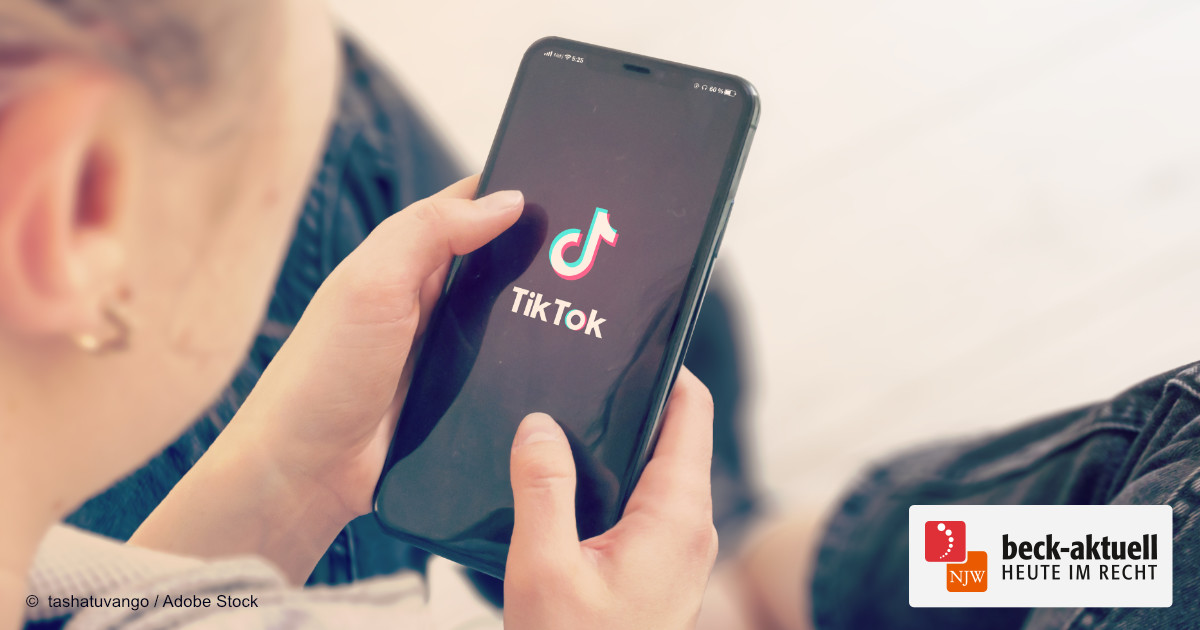TikTok needs to seriously negotiate licensing after copyright infringement
© Tashatuvango / Adobe Stock
Users can upload videos to the defendant Internet platform TikTok, which are then saved, organized and made publicly available to other users. The plaintiff pointed out various unauthorized publications of various films and offered to license them for a fee. However, the negotiations between the parties remained unsuccessful.
The Munich I Regional Court has now sentenced TikTok to cease and desist and to provide information for making the film productions publicly accessible and has determined its obligation to pay damages (judgment dated February 9, 2024 – 42 O 10792/22). Unauthorized playback of the films is certain. An internet platform can exempt itself from copyright liability according to § 1 Abs. 2 Copyright Service Provider Act (UrhDaG) acquits.
But she has to do a lot to achieve this. § 1 Abs. 2 UrhDaG refers to regulations for blocking the films in question and to an obligation to acquire usage rights. The LG Munich now pointed out in its decision that the obligations under §§ 4, 7 bis 11 UrhDaG must be fulfilled cumulatively in order to benefit from exemption from liability.
No choice between licensing and blocking
The rights holder’s participation in value creation, which is intended by the legal regulation, would be meaningless if the platform operator had the power to choose between licensing and blocking and, in the event of a violation of the licensing obligation, to rely on the measures taken for qualified blocking (§ 7 UrhDaG) and simple blocking (§ 8 UrhDaG).
Whether the platform operator did its best to achieve licensing must be assessed in each individual case, taking into account the principle of proportionality. In the present case, the court found that TikTok’s behavior at least did not indicate this. It does not indicate the goal of quickly reaching a result that is in line with the interests of both parties.
The video app had defended itself with the argument that the copyright reform of 2021 was intended to prevent online providers from being sued by the other party during ongoing license negotiations. However, the regional court now rejected this: “The concrete behavior of the defendant did not indicate the goal of quickly reaching a result that was in line with the interests of both parties,” explained the chamber. The negotiations were one-sided; Tiktok did not mention any price expectations or make counteroffers. According to the LG, the rights holders do not have to accept a “delaying tactic”.
to LG Munich I, judgment of February 9, 2024 – 42 O 10792/22
Editorial team beck-aktuell, ew, February 9, 2024 (supplemented by material from the dpa).
